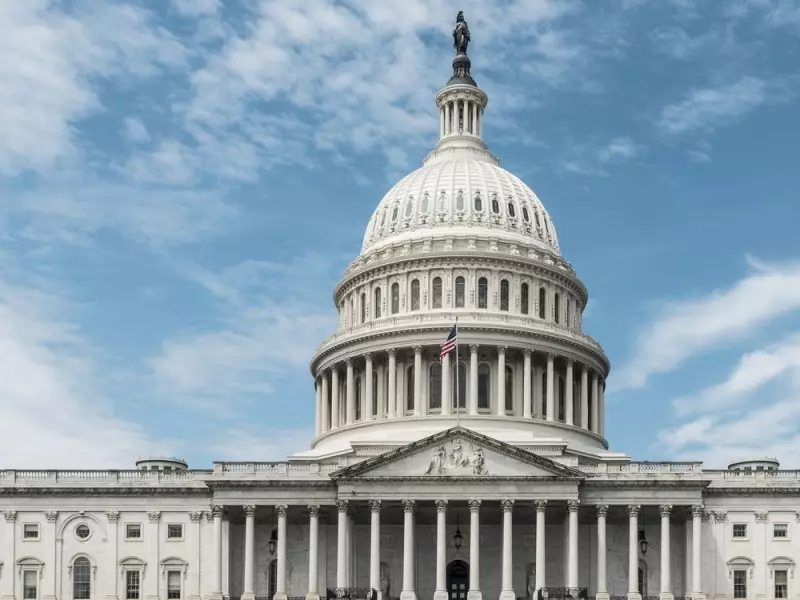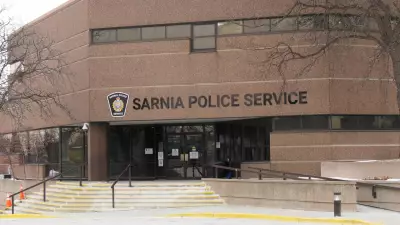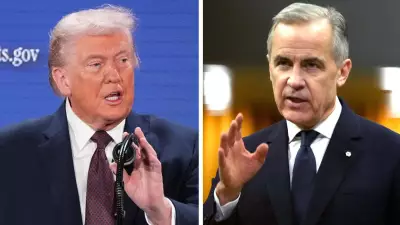
The longest government shutdown in United States history is finally approaching its conclusion after the Senate approved a temporary funding measure on Monday, bringing relief to federal workers and millions of Americans affected by the 41-day impasse.
Senate Breakthrough After Weeks of Gridlock
The Senate voted 60-40 to pass the spending package, with support coming from a coalition of eight centrist Democrats who broke with their party leadership to reach a compromise. The measure now moves to the Republican-controlled House of Representatives, where Speaker Mike Johnson has indicated it will receive quick approval.
President Donald Trump has already endorsed the legislation and is expected to sign it once it reaches his desk. The House is scheduled to consider the bill on Wednesday, which would mark the official end of the shutdown that has paralyzed much of the federal government since early October.
Immediate Impacts and Lingering Effects
While the shutdown could end as early as Wednesday, normal operations won't resume immediately across all government agencies. Aviation officials warn that it could take several days for air travel to return to normal following widespread flight cancellations and delays that escalated throughout the shutdown.
The reopening also comes too late for immediate relief for the 42 million low-income Americans enrolled in the Supplemental Nutrition Assistance Program (SNAP). Most recipients will face additional delays in receiving their food benefits due to processing backlogs that built up during the shutdown.
Federal employees, who have mostly worked without pay for more than a month, will begin receiving back pay, though the timing varies by agency. The legislation keeps most government agencies funded through January 30, while some departments receive funding through September 30.
Political Fallout and Democratic Divisions
The compromise came at a political cost for Democrats, prompting sharp criticism from progressive members of the party. The agreement dropped Democratic demands to renew expiring Affordable Care Act subsidies, instead settling for a Republican promise that the Senate would vote on extending Obamacare insurance premium credits by mid-December.
Prominent Democrats expressed outrage at the concession. California Governor Gavin Newsom called the deal "pathetic," while Illinois Governor JB Pritzker dismissed the promised Senate vote as an "empty promise." Senator Elizabeth Warren of Massachusetts stated, "I think it's a terrible mistake. The American people want us to stand and fight for health care, and that's what I believe we should do."
The moderate Democrats who brokered the deal broke with party leadership, including Senate Democratic leader Chuck Schumer, creating visible fractures within the party just days after celebrating strong performances in state and local elections.
Despite the internal party tensions, the resolution brings to a close a shutdown that has tested the resilience of federal services and the patience of American citizens who depend on them.





